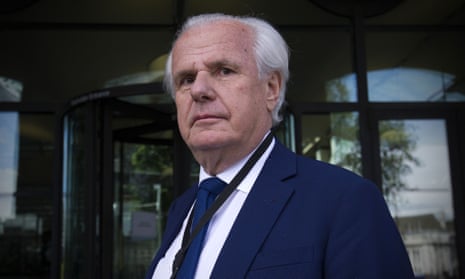Barclays has paid out an estimated £18bn in bonuses since 2008, the year it raised almost £12bn to bolster its financial position and avoid a taxpayer bailout.
Paul Myners, who was City minister at the time of the 2008 crisis, told BBC Radio 4’s Today Programme that bonus payouts may have been one of the reasons the bank was keen to avoid the taxpayer bailouts that Royal Bank of Scotland and Lloyds Banking Group received.
“I think firstly there was a real fear on their part that this was nationalisation, it was political, they didn’t want anything to do with a Labour government.”
“Secondly, they realised that the terms we were imposing meant that pay for their senior bankers and bonuses and options were going to be substantially reduced,” Lord Myners said.
After their bailouts RBS and Lloyds were subjected to constraints by the government about the way they handed out bonuses.
RBS was limited to paying cash bonuses of no more than £2,000, with any additional payouts made in shares that had to held for several years.
When a bonus cap was introduced by the European Union in 2013, limiting bonuses to one times salary or double if shareholders approved, the government refused to give the approval that would have allowed RBS to pay out more.
The public anger sparked by the financial crisis forced greater disclosure from banks about the way they paid their top staff, particularly banks like Barclays that have large investment banking operations.
Anthony Salz, a lawyer who conducted a review for Barclays of its activities in the wake of the 2012 Libor rigging scandal, said in his report a year later that the bank paid “incentive” pay of £2.5bn in 2010, £2.6bn in 2011 and £2.4bn in 2012.
He noted that the bank’s pay was largely in line with its peers – apart from what he called a “group of 70” whose pay was “consistently and significantly” above their peers.
